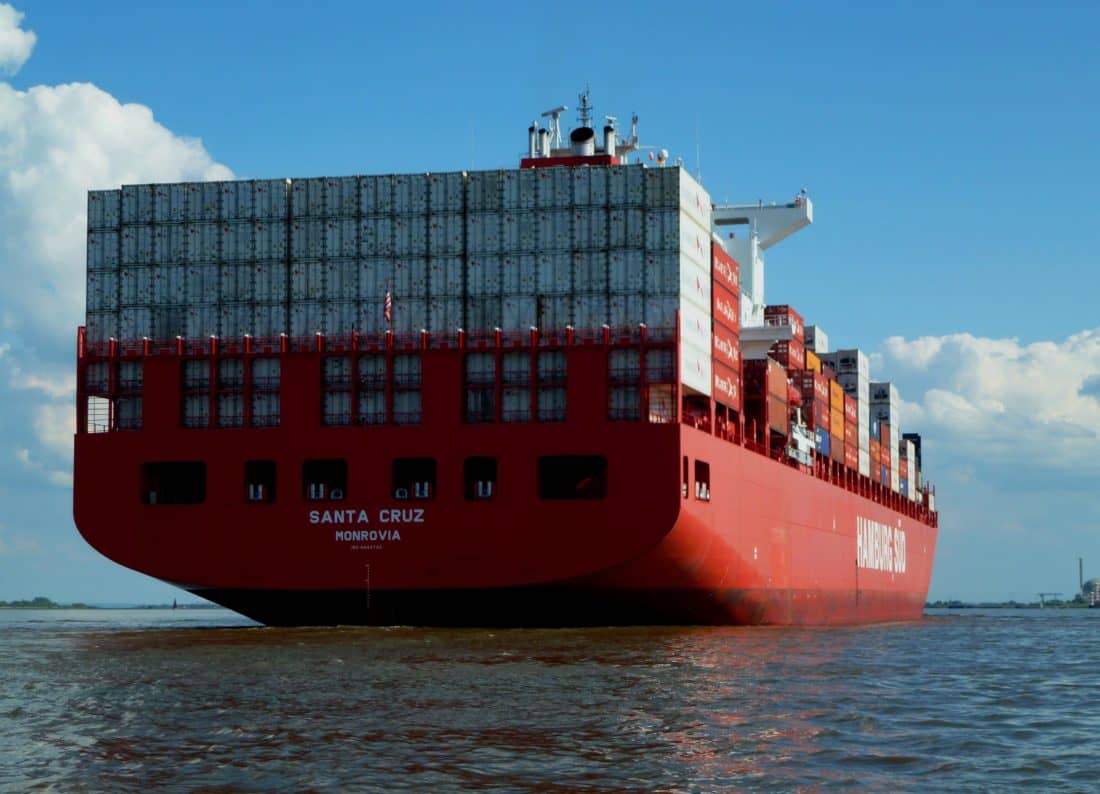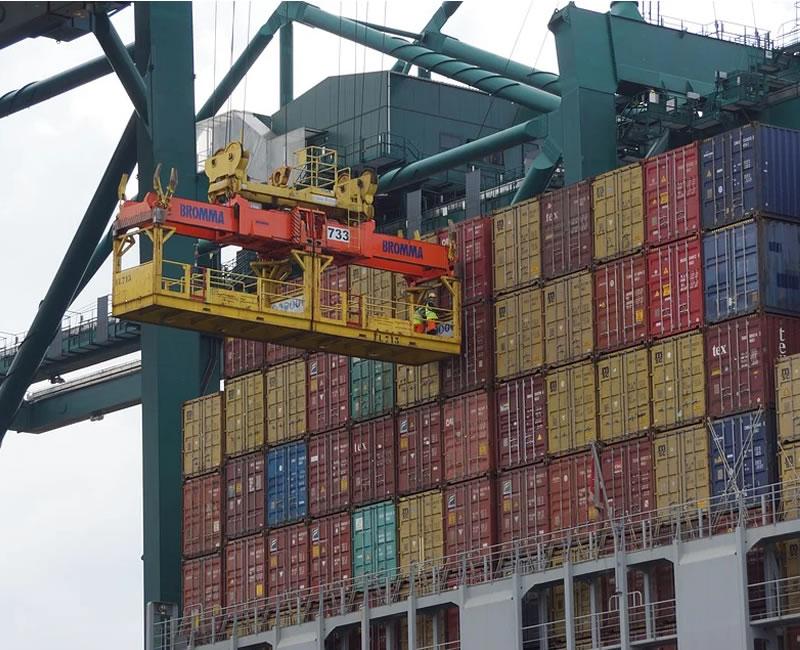Najla Buhatem Maluf
Political Scientist. Lawyer.
Foreign Trade Specialist at MLAW
nabuhatemm@rmadvocacia.com.br
In the commercial exchange of goods it is essential to ensure legal certainty for importers and exporters, facilitating the reduction of costs and risks, based on the right-cost and the right-prevention. The first aims to verify the risks and damages arising from the legal standard, and the second aims to prevent disputes that may arise, especially in times of pandemic, caused by COVID-19.
Social isolation and other restrictions set by law 13979/20, which provides for measures to strengthen and ensure safe public health, has international coverage due to the coronavirus outbreak. Even if exceptionally and temporarily, the guidelines imposed can lead to the default of contracts, either due to a drop in companies’ revenues or due to the stoppage of services worldwide.
One setback to be highlighted in international trade is the lack of unification of contracts between countries. Each country has its peculiarities, various contractual modalities, multiplicity of documents and subjects participating in each transaction, which tend to complicate the process, influencing the competitiveness and costs of operations. Furthermore, the determination of the court of competent to adjudicate any dispute arising from these contracts is still an obstacle, due to the absence of a single global court of justice.
The conduct of proceedings arising from an international contract depends on several legal systems, and can be pursued in State Courts or by appropriate means of conflict resolution, in this case, the International Commercial Arbitration – the most advantageous and speedy way, especially in recent months, as a crucial solution to which we want. It is worth remembering that international negotiations have as their basic scope, the principle of autonomy of will, which values the freedom of the will that creates obligations.
We should consider that the contracts are based on two international legal pillars: the Vienna Convention or CISG (Convention on Contracts for the International Sale of Goods) and the INCOTERMs (International Commercial Terms), both traditional and more advantageous in foreign market negotiations. It is emphasized that all contracts must observe their peculiarities and responsibilities related to each stakeholder.
Corroborating this understanding, the renowned doctrinal professor Eliane Octaviano Martins (Maritime Law Course.2013, p.07, Vol.1):
“International negotiations should consider the complexity of the foreign market and pay attention to the logistical, operational and legal aspects, aiming in essence at the prevention of disputes and the legal certainty of the parties (right to prevention), such as the impacts on the costs and risks involved arising from the LEGAL NORMS (right-cost).”
In the development of an international business, the following steps should be considered: a) Preliminary: characterizing the planning of contractual training and the necessary procedures for the performance and partnerships that will be established; b) Negotiation / Pre-Contractual: being the manifestation of the parties by the conclusion of the contractual signature at which time the importer forwards the details of the product and the costs involved, in order to make the proposal. Based on the principle of good faith, the price list will be structured and damage measurement will be made, even if it considers periods of crisis.
That said, the proposal will be made in the proforma invoice type, the document that formalizes the negotiation between importer and exporter, including all the details and obligations of the tenderer. The letter of intent is the instrument that formalizes the proposal, containing the reasons for negotiation, the rights and obligations of each party, the term and version of the Incoterms, among other criteria that guarantee the legal certainty of the commercial transaction.
The negotiating phase will determine the transport mode that will be used, which will be decided according to the parties’ choices, with maritime transport being the most beneficial, the most competitive and strategic, besides presenting greater environmental sustainability compared to the others, which has been prioritized in recent months.
The efficiency and safety of this mode, with lower freight cost and reduction of final price, generate value to the international transport of goods, being the most appropriate and essential, especially with the drastic drop in air services.
It is impossible to think of today’s world without trade relations as an essential activity for ensuring and maintaining foreign trade, in addition to avoiding shortages. It is worth remembering that all forms, steps and modalities directly impact the time and price negotiated between importer and exporter that compose the international legal business. The current economic panorama resulting from the crisis arising from coronavirus is fully atypical, and we don’t see when it is going to end, which makes mandatory the opportunity for revisions and adaptations in all international contractual spheres.



